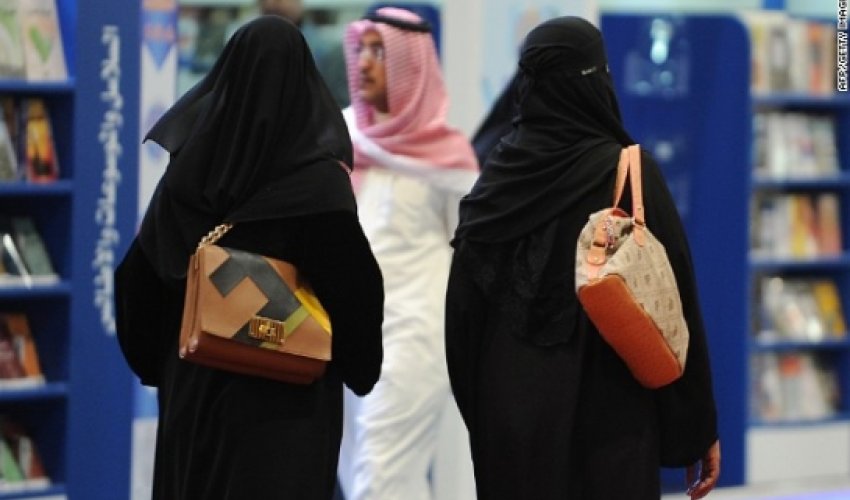Indonesia pays 'blood money' to save maid from execution

Indonesia's government has stepped in at the eleventh hour to help save an Indonesian woman on death row in Saudi Arabia from being executed this weekend.Satinah Binti Jumadi Ahmad, a 40-year old working as a housemaid in the Gulf kingdom, was sentenced to death in 2011 after she reportedly admitted to killing her 70-year-old female employer and stealing approximately $10,000. She said it was in self-defense as her boss had been trying to attack her at the time.She was facing execution on Saturday unless the dead woman's family received 7 million Saudi riyals ($1.8 million) in financial compensation, known as diyya or "blood money." A pardon would likely follow if the payment is made.Campaigners in Indonesia had raised just over half that sum with donations coming from the public, businesses and NGOs, Jakarta's Foreign Ministry said in a statement last week. But on Thursday, a statement on the official website of the Indonesian President's Cabinet Secretariat confirmed that Indonesia's government would pay the full amount -- a figure that had been negotiated down from an initial request of 10 million Saudi riyals, Indonesian Foreign Ministry official Tatang Budie Utama Razak told CNN in February."With the government's offer to pay 7 million riyals, Coordinating Minister for Political and Security Affairs, Djoko Suyanto, said Satinah has been saved from the death penalty, at the Buraidah prison in Saudi Arabia," the statement read.The statement quoted Suyanto as saying a task force representing the Indonesian government had met with Saudi officials and the dead woman's family on Wednesday when a figure was agreed. He did not confirm whether the family had made any additional demands.Saudi authorities have yet to confirm whether the execution will be canceled.Letter to the KingThe execution was initially scheduled for August 2011 but has been postponed five times due to the intervention of the Indonesian government, Jakarta's Foreign Ministry said.Yudhoyono has written King Abdullah twice over the last two years, while Ahmad's brother and daughter have also written a letter to the victim's family, according to the ministry.Some 41 other Indonesian workers face possible death sentences in Saudi Arabia on charges ranging from black magic to stealing, adultery and murder, according to the Indonesian Foreign Ministry and local nonprofit groups.In 2011, Indonesian housemaid Darsem Binti Dawud Tawar was pardoned after the Indonesian government paid the required compensation of 2 million riyals ($533,000). She had been sentenced to death two years before for murdering a relative of her Yemeni employer in Saudi Arabia. She claimed she acted in self-defense after he allegedly tried to rape her.Ruyati Binti Sapubi, also an Indonesian maid working in Saudi Arabia, was executed in June 2011 for allegedly killing her employer. Her beheading caused public outrage in Indonesia and a diplomatic protest when Saudi authorities did not inform Jakarta of the date of her execution.MoratoriumThe Indonesian government later announced a full moratorium on sending workers to the Gulf kingdom, which ended in February when the two governments signed a new agreement guaranteeing domestic workers a monthly wage, time off and contact with loved ones.Human rights groups say the pact is a step toward ensuring the protection of foreign workers' basic rights in Saudi Arabia. But it fails to address a worrying trend of domestic helpers filing complaints of exploitation and abuse, only to face counterallegations by their employers of "theft, witchcraft or adultery," according to Human Rights Watch.The penalties for these crimes are harsh in the deeply conservative kingdom of Saudi Arabia, which practices a puritanical form of Islam.Around 1.5 million women -- mostly from Indonesia, Sri Lanka, and the Philippines -- work in Saudi Arabia as domestic workers, according to Human Rights Watch. They make up less than a quarter of the kingdom's 8 million foreign workers but account for most of the complaints received by embassies of sending countries, the organization said.(CNN)ANN.Az
Similar news
Similar news




































 Photo
Photo 



 Video
Video 

